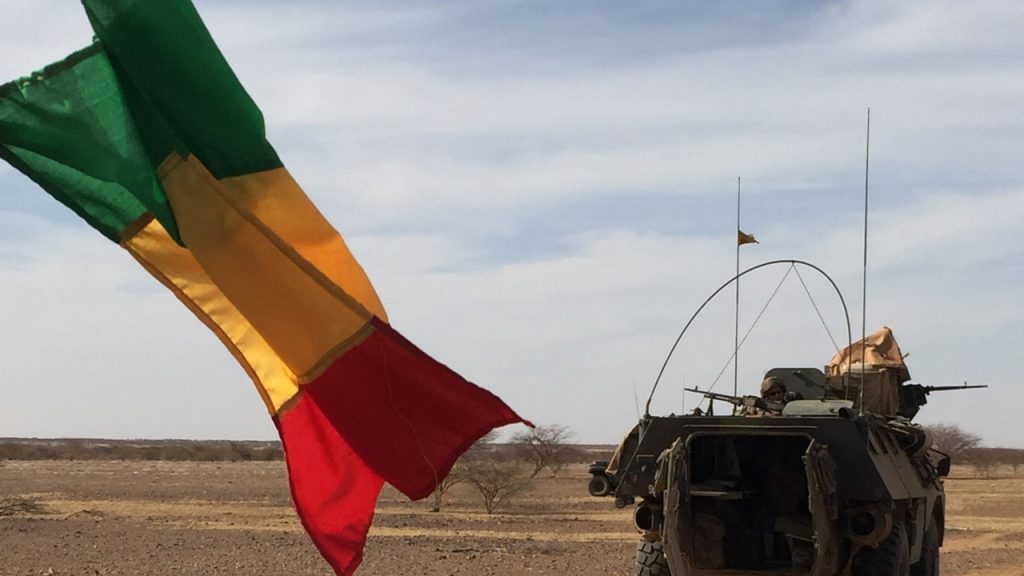Mali’s military junta has suspended all political activity indefinitely, following last year’s decision to halt elections. The ruling junta, which took power after a second coup in 2021, promised to return the country to democracy by early 2024. However, in September, they canceled elections scheduled for February 2024 indefinitely, citing the need for further technical preparations. This move has prompted global leaders, including the United States, to express concerns about the military’s apparent reluctance to relinquish control of Bamako. The United States emphasized the importance of free and fair elections in ensuring stability and prosperity in Mali and called on the transition government to honor its commitments to its citizens.
The decree suspending all political activities in Mali comes amid mounting pressure from political parties, civil society, and students who have expressed frustration with the junta’s repeated delays in transitioning back to democratic rule. Analysts believe that this move is a backlash against those who have publicly criticized junta leaders for their lack of seriousness in moving towards democratic governance. The country has experienced two coups since 2020, contributing to a wave of political instability in West and Central Africa. Additionally, Mali has been battling a worsening insurgency by jihadi groups linked to al-Qaida and the Islamic State group for over a decade.
Mali’s political situation has also been impacted by the withdrawal of French troops, who were previously assisting in pushing back insurgents. Frustrations over the lack of progress led the ruling junta to order French forces out and turn to Russian contractors for security support instead. The last French troops departed in August 2022, ending almost a decade of French operations in Mali. The reliance on Russian contractors for security support is a significant shift in Mali’s security strategy, with the country previously depending on French military assistance.
Global leaders have emphasized the importance of maintaining freedom of expression and association in Mali, stating that democracy is the best foundation for stability and prosperity in the country. The United Nations recently ended its peacekeeping mission in Mali after a decade, marking a significant development in the country’s security landscape. Concerns remain about Mali’s political future and the junta’s commitment to returning the country to democratic governance, particularly in light of the suspension of all political activities until further notice. The international community is closely monitoring the situation in Mali and urging the transition government to honor its commitments to its citizens by holding free and fair elections.
The political instability in Mali, exacerbated by two recent coups and mounting pressure from various stakeholders, has raised concerns about the country’s future. The decision to suspend all political activities indefinitely has been met with criticism from global leaders, who are urging the junta to uphold its commitment to transitioning back to civilian-led democratic governance. The situation in Mali remains fluid, with continued insecurity from jihadi groups and a shifting security landscape following the withdrawal of French troops and the reliance on Russian contractors. The coming months will be crucial in determining Mali’s political trajectory and its ability to restore stability and democracy to the country.


